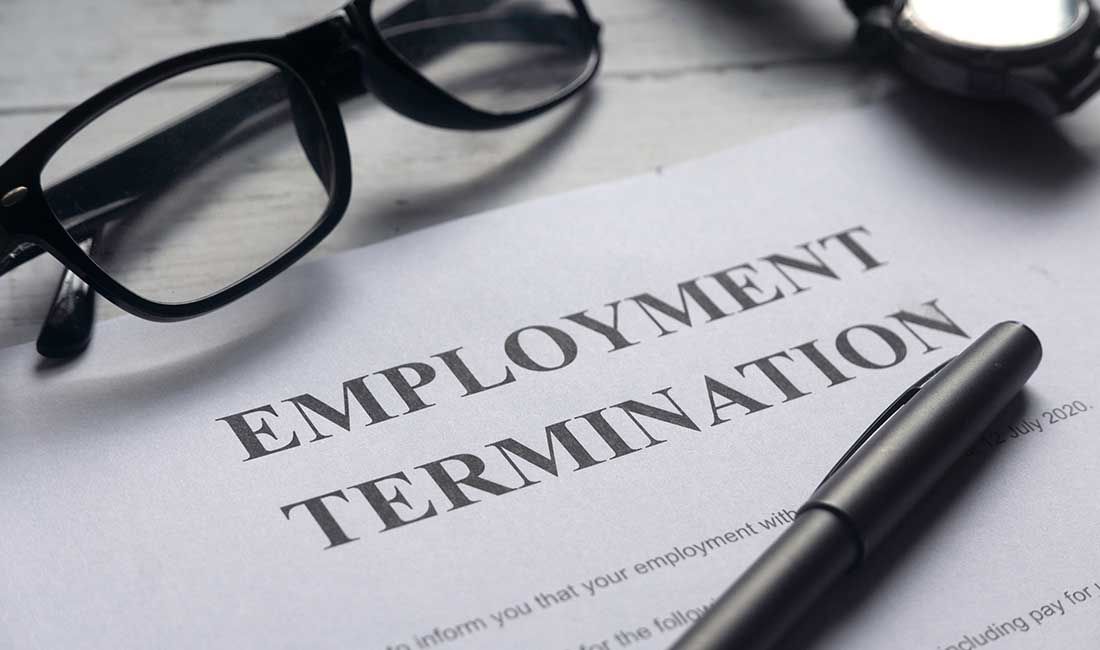Holiday Season Is Upon Us

| W.E.U Admin | Physical Health & Lifestyle
TAGS: Holidays, Season
The festive holiday season is here! Have you decided where you’re going this year? It’s essential to ensure you know your correct holiday entitlement before you book. Below is a clear guide to help answer your questions. And remember, if you need any further assistance, we’re always just a call away.
How Do I Calculate My Holiday Entitlement?
Holiday is one of the few employment benefits enjoyed by almost all workers in the UK. The right to paid time off accrues in almost all circumstances, featuring in full-time, part-time and even temporary contracts.
In the UK, the legal requirement for holiday entitlement is 28 days’ paid annual leave per annum for anyone working a full-time, five-day-per-week job. You calculate this by multiplying the number of working days in a normal week by the annual entitlement of 5.6 weeks:
5 days × 5.6 weeks = 28 days’ paid holiday
The same calculation applies to part-time workers. For example, a worker on three days per week:
3 days × 5.6 weeks = 16.8 days’ paid holiday
For those with irregular hours, holiday is calculated based on time actually worked. Remember, the maximum entitlement is 28 days—overtime does not increase your statutory leave, though employers may offer additional days at their discretion.
Do I Have to Take All My Annual Leave?
Even though you’re entitled to paid annual leave, you’re not obliged to take it all. If you prefer not to use your entitlement, your employer may:
- Convert unused leave into additional pay
- Allow you to carry leave over into the next year
Employees on sick leave may also convert unpaid sick days into paid holiday to protect their wages, subject to employer approval.
What If My Employer Denies Me Paid Leave?
Paid leave is a legal right in the UK. Denying it can breach your contract and may amount to constructive dismissal if you resign as a result. If you face this situation, you should:
- Discuss the matter informally or raise a formal grievance through your company’s procedure.
- Seek professional legal advice from an employment lawyer.
For detailed guidance, see the original article on FindLaw UK.
Previous Post: Press Release – Who Speaks for the English Steel Workers?
Next Post: Former Foreign Secretary Urges Britain’s Departure from EU
workersofengland.co.uk | Independent Workers Trade Union


















